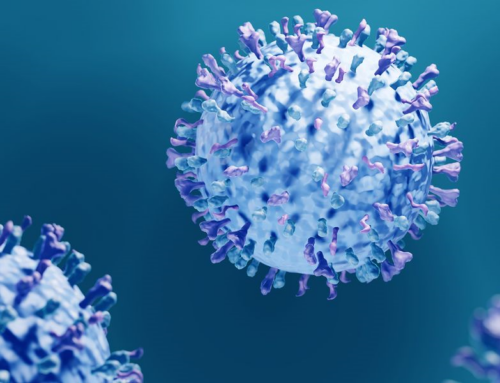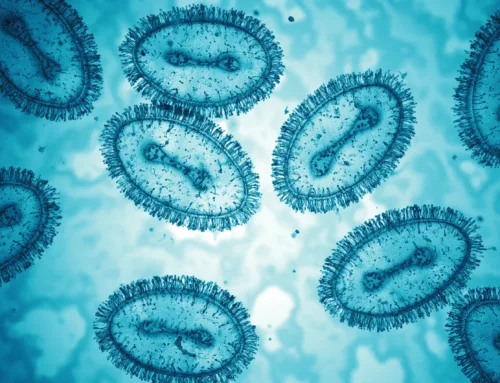Meet Dr. Pallavi Upadhyay: Director of Scientific and Clinical Affairs at HealthTrackRx

Dr. Pallavi Upadhyay oversees the development and management of clinical studies, R&D innovations, validation and implementation of novel tests and analytical solutions.
She is also responsible for the development and execution of a cohesive scientific communication strategy that encompasses scientific conferences and presentations, peer-reviewed publications, trade and industry articles and reports, seminars and webinars. Under her guidance, HealthTrackRx has published several peer reviewed articles in reputable high impact factor journals and have showcased our scientific and clinical innovations in several national and international conferences and seminars.
Dr. Upadhyay holds a PhD in molecular biology from Texas Woman’s University. Her research interests include molecular diagnostics techniques; scientific and medical writing; clinical microbiology, and advanced data analytics. She believes that Industry and public health sector partnerships, KOL engagements are very crucial to drive collaborations on latest innovations in molecular diagnostics and scientific communications.
“Persevere and question everything.”
She joined the organization almost nine years ago, in 2015, after completing her doctorate, and has worn many crucial hats within the lab operations and R&D team in her previous roles. “From managing multi-shift operations to developing data analysis and reporting automation tools, I have learned something new in all my roles. Every role brought new challenges, new responsibilities and that’s what makes it so rewarding. Our organization pays great attention to career progression and competencies development” she says.
When asked about what she enjoys the most about her job, she promptly mentioned “In almost a decade-long career in the field of disease diagnostics, I have come to realize the importance of speed and timeliness of the results in making the best clinical and therapeutic decision for patient care. And for us to be able to provide such targeted solutions to improve patient’s lives via early detection of infection with utmost clinical credibility and quality is what makes my job rewarding and fulfilling”.
When asked about what advice she would give to someone interested in a science career, she replied, “Persevere and question everything. These two qualities are the most important for scientific research and perhaps in life. Research is the pursuit, to find the answers, so learn to identify and ask the correct questions. Be mentally tough and know that failed experiments and negative results will tell you more than the positive ones.”

























